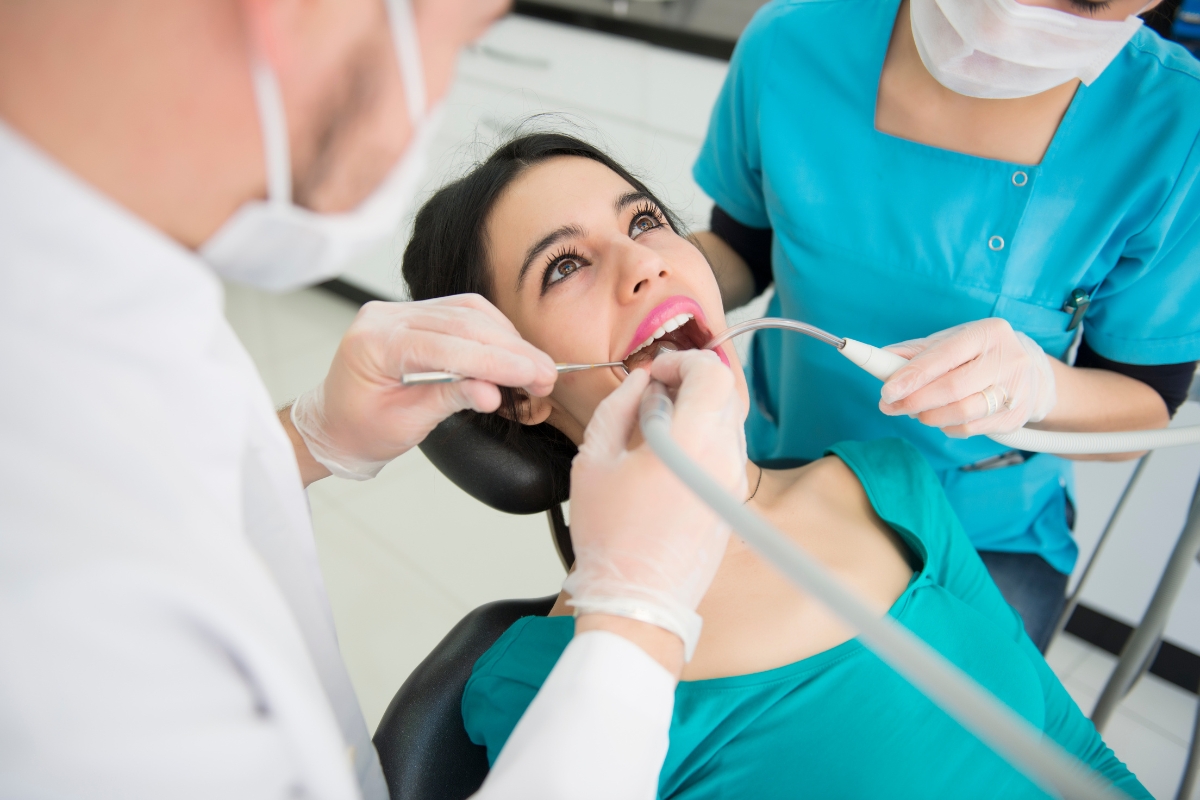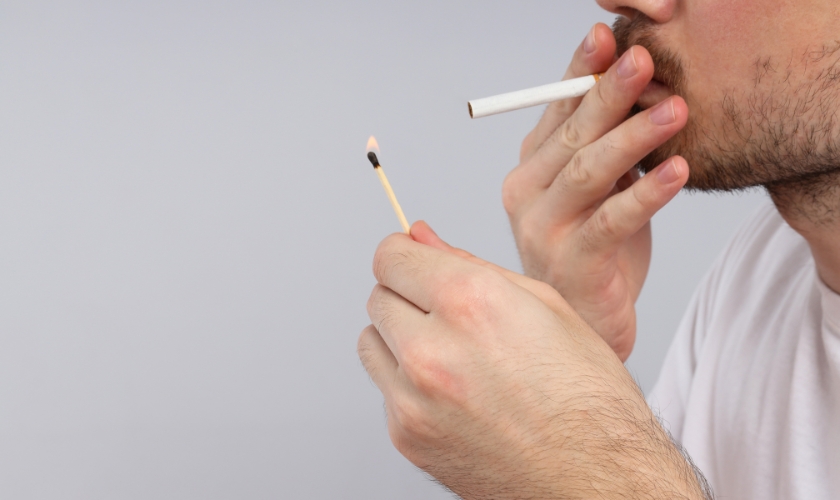Dr. Chau’s Post‑Extraction Instruction Guide for Tooth Removal in Carrollton

Tooth extraction isn’t the be-all and end-all of your oral health, but rather the start of a very critical healing process. Whether your extraction was simple or complex, what you do from this point on has a direct influence on recovery. Dr. Chau of Addison Dental Group presents a practical, evidence-based patient guide that helps Carrollton patients make their recovery fuss-free.
What follows next is how to prevent dry socket, minimize swelling, control discomfort, and when to call your Carrollton dentist.
What Occurs Immediately After the Tooth Is Extracted?
After your tooth has been extracted, your body starts developing a blood clot in the empty socket. That clot plays a vital role in your healing journey. It guards the underlying bone and nerves and serves as the initial stage of tissue regeneration.
Disturbing that clotting by drinking with a straw or brushing too soon can delay healing or bring on dry socket, a painful problem that happens in roughly 2–5% of patients after extraction, according to the American Dental Association.
24-Hour Rules That Matter Most
- Day one is the most critical. These simple steps protect your healing site:
- Keep the gauze in place for 30–45 minutes. It helps with bleeding control.
- Be gentle while rinsing or spitting. Both can dislodge the blood clot.
- Do not use straws, smoke, or consume alcohol. Each one enhances the dry socket risk.
- Rest to start healing fast.
These are not suggestions—they are recovery best practices supported by the best dentist in Carrollton.
Fix Pain and Swelling in the Right Way
Swelling is at its worst around 48 hours after extraction and might persist for a few days. To manage it early:
- Use a cold pack on the surface of your cheek for 15 minutes twice or thrice a day for the first 24 hours.
- Keep your head elevated to minimize the risk of fluid buildup at the surgery site. You can use an extra pillow for this purpose. It decreases inflammation.
- Stick to your medication schedule. Be it over-the-counter ibuprofen or a prescribed pain medication, a regular dose is better than enduring pain.
These practices can be the difference between an easy recovery and an annoying one.
What to Eat and What Not to Eat
What you eat after an extraction affects comfort and recovery. Dr. Chau recommends soft, nutritious foods that won’t irritate the surgical area.
Stick with:
- Yogurt
- Mashed potatoes
- Scrambled eggs
- Soups
- Applesauce
Steer clear of:
- Crunchy foods
- Hot beverages for the first 24 hours
- Seeds or grains that might get stuck in the site
It’s also important to stay hydrated, but take small sips from a cup—never through a straw.
Symptoms That Necessitate A Call to A Carrollton Dentist
Although discomfort is to be expected, some symptoms tell you that it’s time to ask for help:
- Severe pain that gets worse after three days
- Fever or chills
- Bad smell or taste in your mouth
- Excessive bleeding that will not stop after you have applied pressure
These may be indications of infection or dry socket, both of which require quick attention from your Carrollton dentist.
How Long Does It Take for A Patient to Recover?
Most patients begin to feel much better within 3–5 days, but 1–2 weeks may pass before the tissues fully heal. Following your post-op instructions carefully can speed up the healing process and prevent unnecessary complications.
If you’re seeing the best Carrollton dentist for a follow-up appointment, they can also advise when you can return to normal brushing, flossing, and possibly how to prepare for a future dental restoration, such as an implant or bridge.
Recovery is not only about healing, it’s also about setting up a better tomorrow. Addison Dental Group’s Dr. Chau points out that diligent post-extraction care sets the stage for improved oral results. Regardless of whether your extraction was due to decay, crowding, or trauma, your healing process should be pain-free and fast.
Schedule your follow-up with Addison Dental Group today. Whether a first visit or as part of continuing care, our dental team is here to assist.



